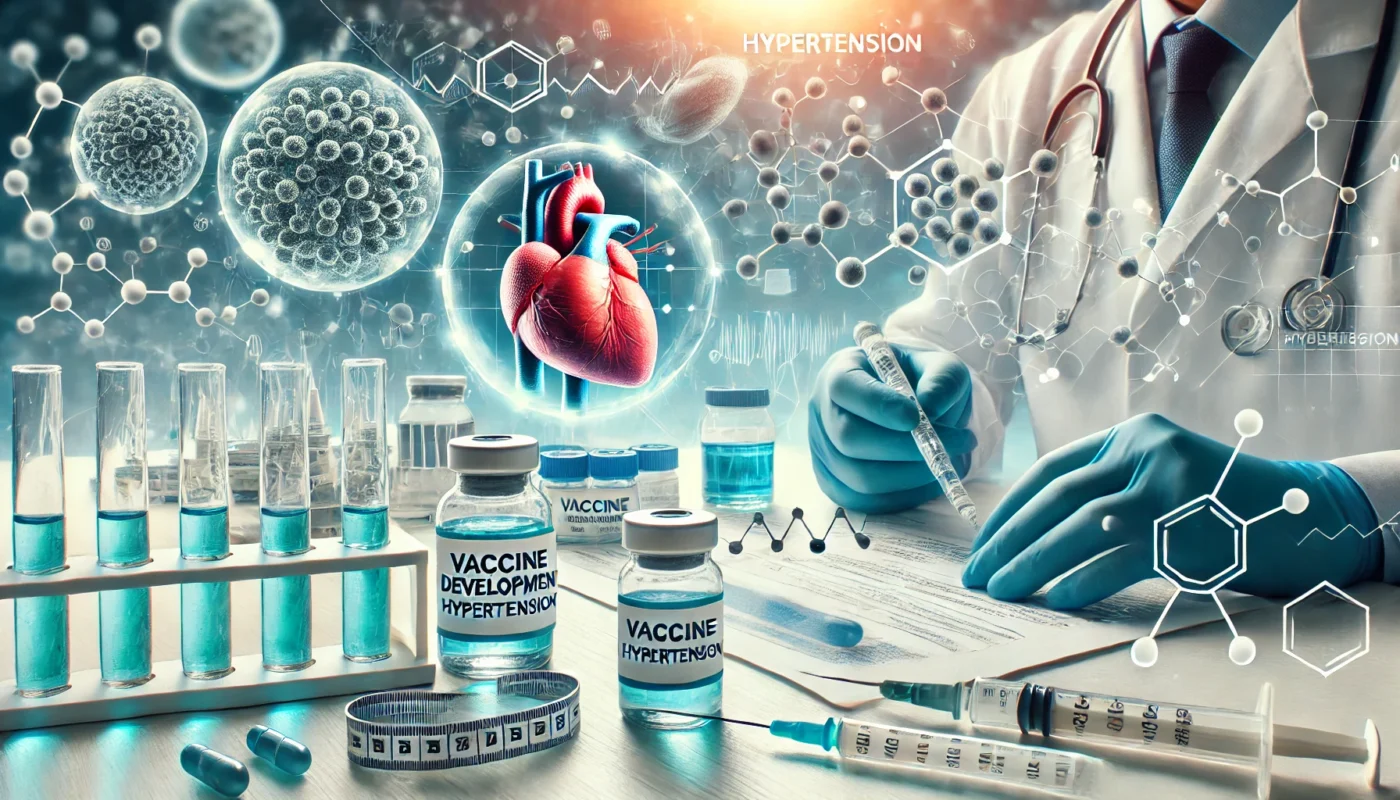Hypertension, or high blood pressure, is a major global health concern, affecting over 1.28 billion people worldwide according to the World Health Organization (WHO). It significantly increases the risk of heart disease, stroke, and kidney failure, leading to millions of preventable deaths annually. Despite advancements in treatment and lifestyle interventions, hypertension remains a challenging condition to manage due to its asymptomatic nature and the lifelong commitment required for adherence to medications. The concept of a vaccine to prevent or manage hypertension has emerged as a groundbreaking idea in medical research, sparking both excitement and skepticism. Could such a vaccine be the future of hypertension management, or is it merely a distant dream?
Tag Archives: RAAS
Hypertension, or high blood pressure, is a silent yet prevalent condition affecting more than 1.28 billion adults worldwide, according to the World Health Organization (WHO). It is a leading risk factor for heart disease, stroke, and kidney failure. Despite decades of medical advancements, hypertension remains challenging to manage due to its multifactorial nature. Many patients experience suboptimal responses to generalized treatment protocols, highlighting the need for more personalized approaches. Biomarker-driven medicine represents a revolutionary step forward, offering the potential for tailored treatment strategies that improve outcomes. This article explores how identifying specific biomarkers can revolutionize hypertension care.
Hypertension, or high blood pressure, is a global health crisis, affecting over 1.28 billion adults and contributing to millions of deaths annually through complications like heart disease, stroke, and kidney failure. While lifestyle changes and medications can manage the condition, they rarely address the underlying genetic predispositions that contribute to hypertension. Recent advancements in genetic science, particularly CRISPR-Cas9 gene editing technology, offer new hope for tackling the root causes of this pervasive condition. This article explores the potential of CRISPR technology to revolutionize hypertension treatment by targeting its genetic roots, the challenges involved, and the ethical considerations of applying gene editing in this context.



